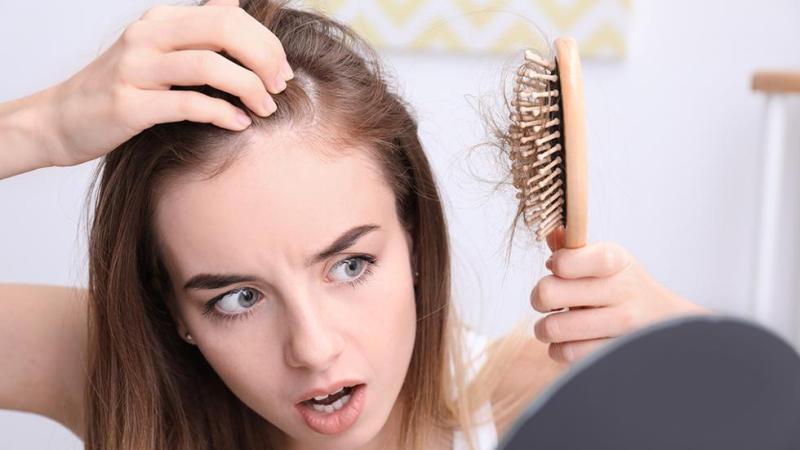
Reasons Why You Start To Lose Tons Of Hair On Your Scalp
What Causes Hair Fall?
Hair shedding happens in our daily lives. You can notice this whenever you shower or brush your hair. We lose an average of 80-100 strands of hair a day. It may be surprising as we don’t notice this because as the hair sheds, new hair grows in at the same time to replace loss hair. An amount exceeding 100 can mean that there is something wrong with your scalp leaving you a part of the scalp with little to no hair at all.
If you’re facing excessive hair fall, it’s best to look into effective hair loss treatments. Here are more helpful information about these treatments.
Hair loss happens because of various reasons. This makes it quite impossible to pinpoint the main reason why you are losing hair and making it difficult for you to find solutions. Hair loss can happen due to some of these common factors:
Stress

Both physical and mental stress cause hair loss. Well, for most of us, mental stress is what contributes a lot with hair loss. Childbirth can cause a lot of stress, especially with its first several months.
Because of anxiety and the stress you get with dealing with the people around you, it is hard to avoid losing an awful amount of hair. Even the thought of hair fall can already cause someone to freak out and stress about it. Fortunately, this is only temporary as you can prevent losing hair by learning how to lessen your stress. Once you start to feel more relaxed and relieved, you will notice that you won’t be shedding that much hair than you used to.
It is Hereditary
Another common cause of hair loss is a male or female pattern baldness which is a hereditary condition. This gradually happens as one age. There will be noticeable bald spots in certain areas in the scalp for the male group, and as for the women, they will notice that their hair starts to get thinner and thinner.
There may be a chance that you are genetically predisposed to the thinning of the hair. Your hair will gradually decrease in volume. This happens as the hair follicle becomes sensitive and shrinks in size. The hair follicle will then only produce slightly finer and shorter hairs that can easily shed off.
Nutrient Deficiency

As mentioned in Odd Fellow – Certain nutrients are needed for our hair to remain healthy and also to prevent it from shedding excessively. That is why the food we consume has a huge impact on our hair’s health.
Vitamin B12 and iron are two of the needed nutrients to keep your scalp strong and healthy. Lack of Vitamin B12 not only makes you feel tired, weak, or low in energy, but it is also affecting your hair growth. This happens because lack of Vitamin B12 has an effect on the health of your red blood cells which are carriers of oxygen for the tissues in the scalp. This type of hair loss commonly happens to vegans as you can only obtain Vitamin B12 from animal proteins.
Iron is not only important for the hair, but it is also important for the whole body. We need enough healthy blood to flow in our entire body. Iron deficiency helps with the production of hair cell protein. Without this nutrient, strands of hair will become weak and can easily break, which leads to hair loss. This commonly happens to women.
Various Medical Conditions
There are medical conditions that can cause temporary or permanent hair loss. As for women, pregnancy and childbirth cause stress which leads to hair loss. Alopecia areata is a medical condition where there is patchy hair loss in the scalp. Another medical condition is the trichotillomania which is a hair-pulling disorder.
Medications
Pills and most medications are produced to treat certain health conditions or they can serve as maintenance for some medical cases. Unfortunately, some medications have side effects for some people. And one of its side effects is hair loss. This may happen to some people as some medications affect people differently. One of the well-known medical treatments that cause people to lose some hair is Chemotherapy. Other medications include:
Anticoagulants
Oral Contraceptives (not all)
Antidepressants
Thyroid medications
Beta-blockers









